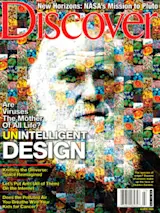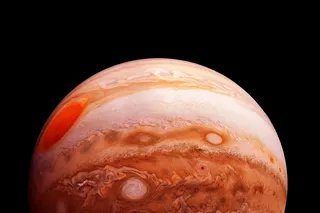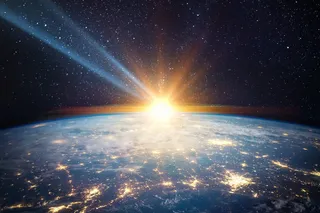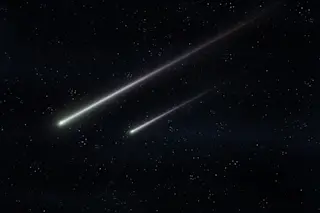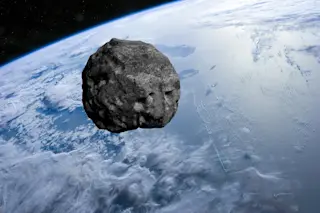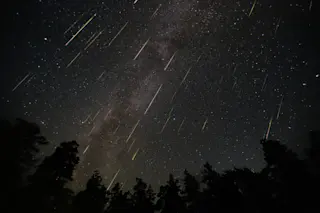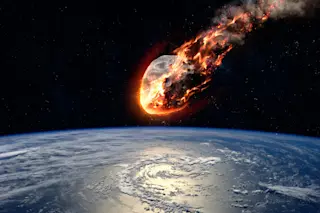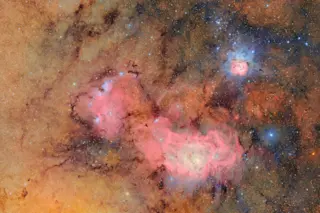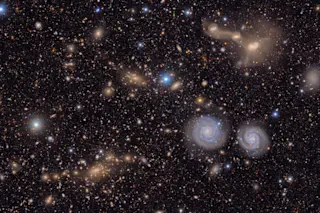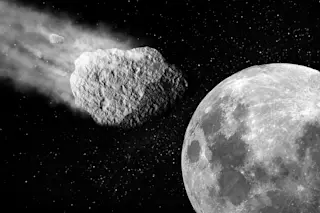Clark R. Chapman is a planetary scientist at the Southwest Research Institute at Boulder, Colorado. He studies small objects in our solar system—asteroids, comets, moons, and the planet Mercury. He was among the first researchers to draw attention to the danger of asteroids and comets striking Earth, and he has spent the past two decades evaluating that risk and comparing it with other dangers in daily life.
Why is it important for us to know what asteroids are composed of? C:
If in the future we want to mine asteroids, there is a big difference between a hunk of metal—which would be very difficult to process and do anything with—and an asteroid that has a lot of water bound up in its rocks that could be harvested and used, for example, by astronauts traveling to Mars. That is the practical side. From the scientific side, the minerals and compositions of ...


